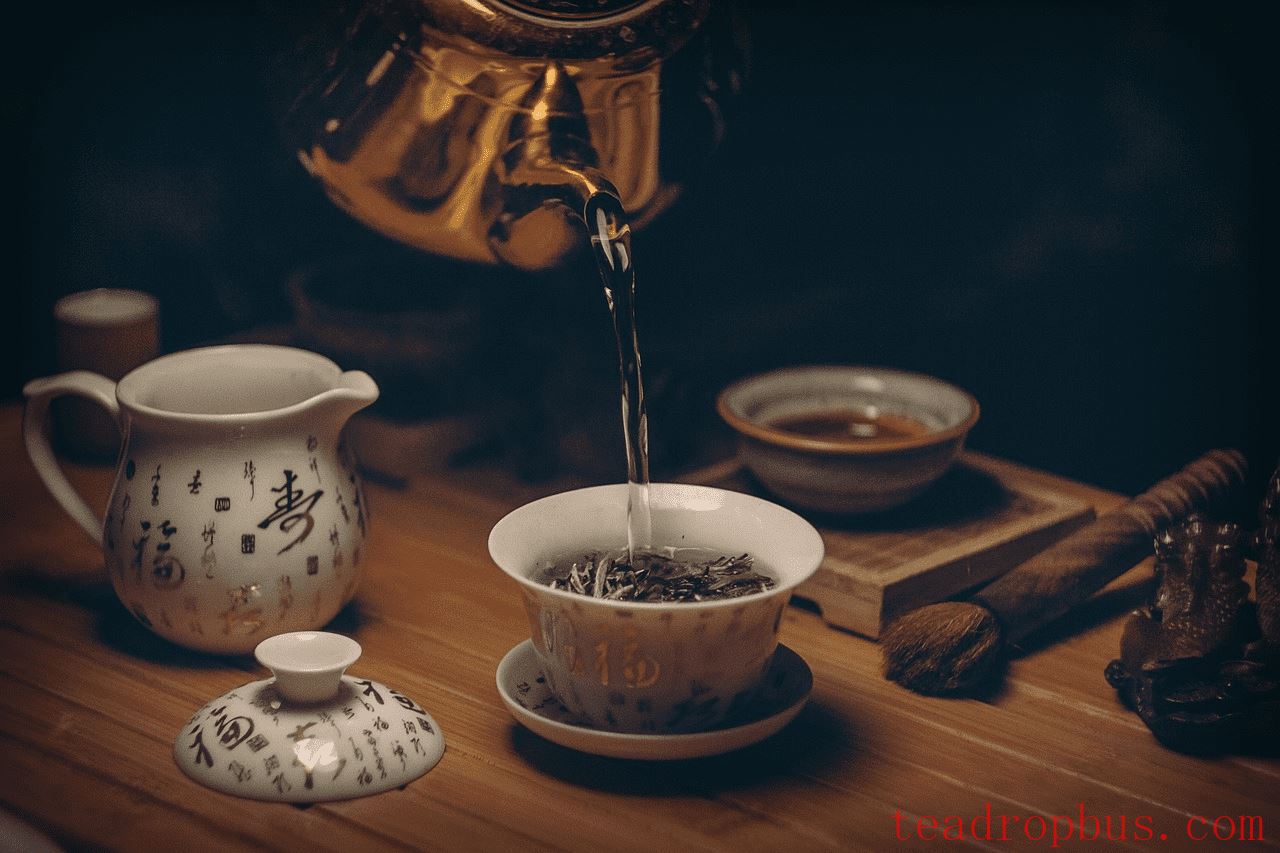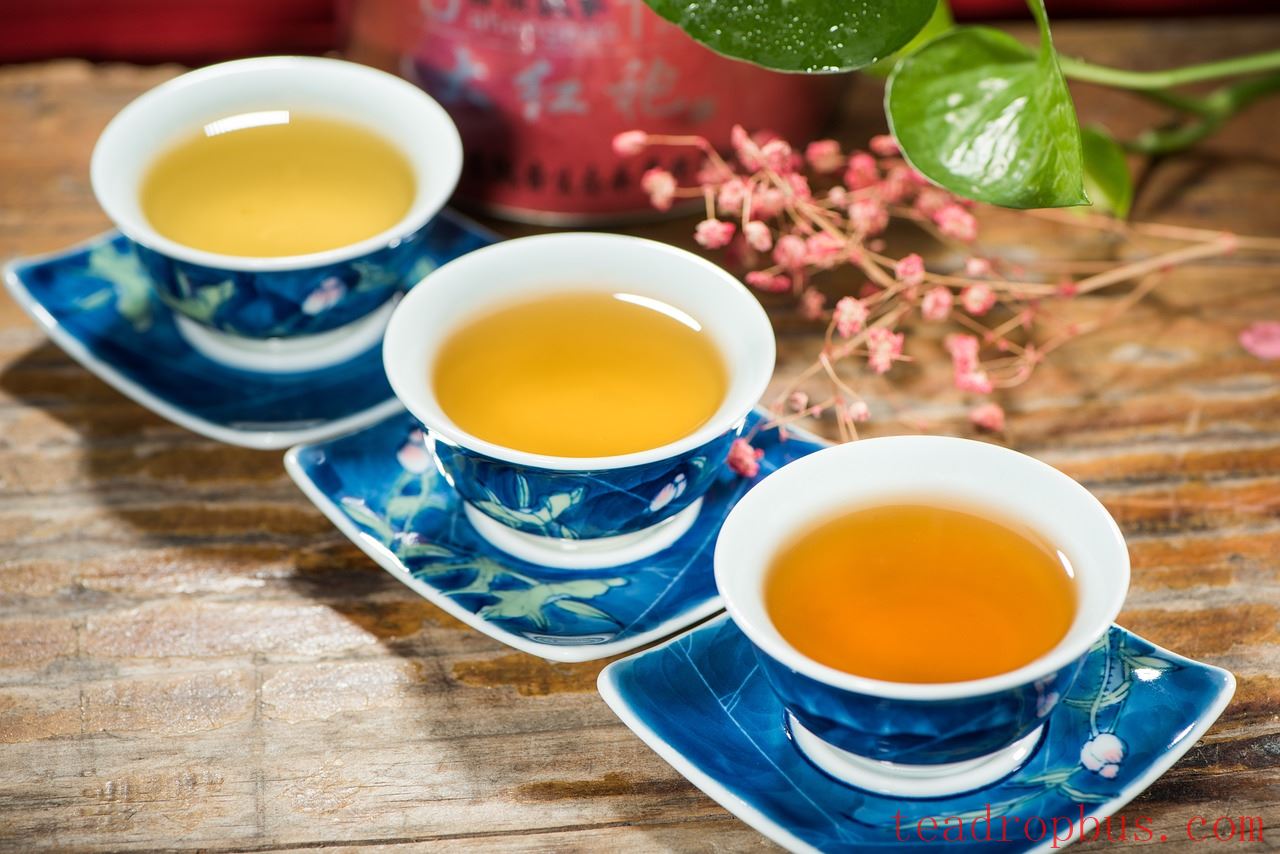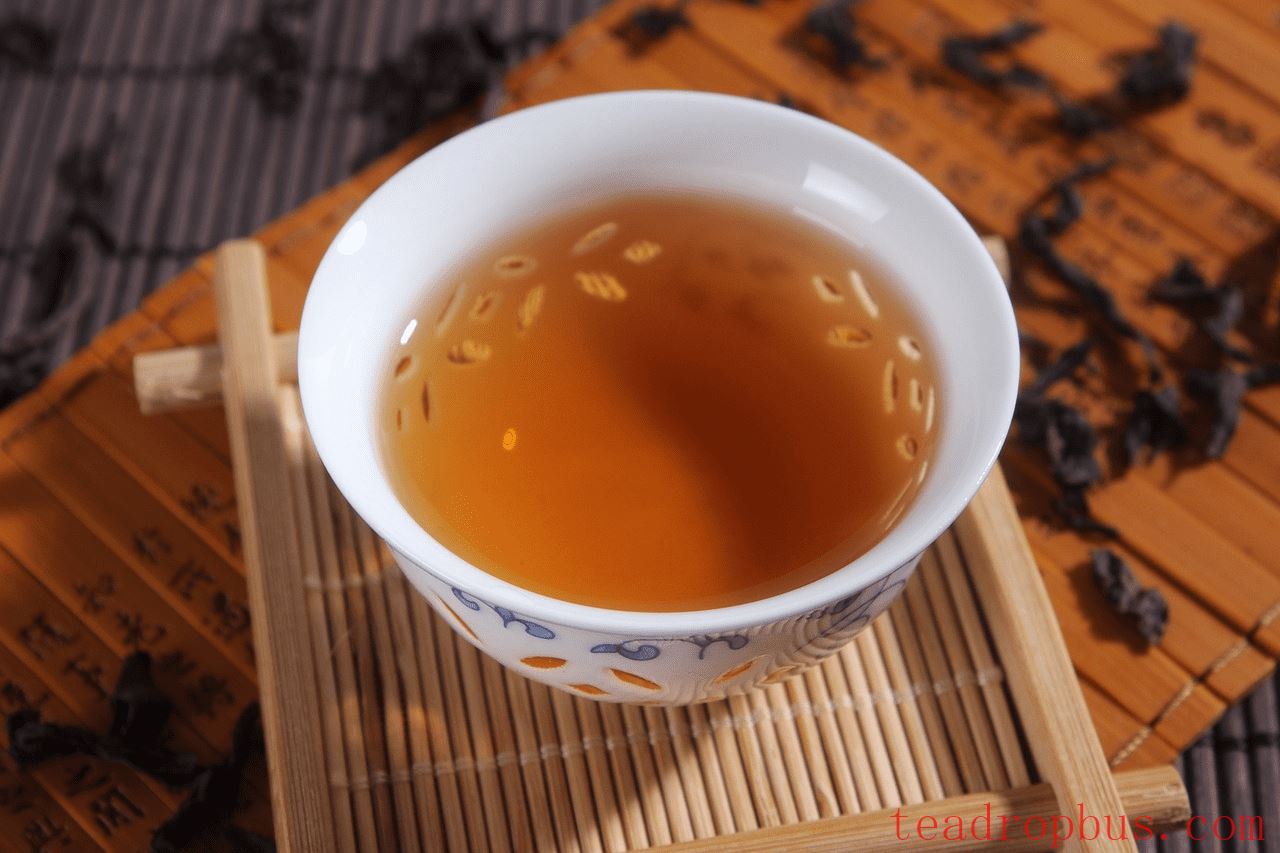As a beverage with a long history, tea not only boasts a rich and mellow flavor but also contains abundant nutrients, some of which have the effect of invigorating the mind. So, how does drinking tea help to enhance alertness? This is largely due to the following remarkable components found in tea leaves:

- Caffeine: Caffeine is a central nervous system stimulant that can stimulate the cerebral cortex, enhancing alertness and excitement, thereby achieving the effect of invigorating the mind. Although the caffeine content in tea is less than in coffee, it still has a certain invigorating effect. Generally speaking, black tea has the highest caffeine content, followed by green tea, Oolong tea, and White Tea.
- Theanine: Theanine is an amino acid that has a calming effect on nerves and helps to soothe the mind. Tea leaves contain both caffeine and theanine, which work synergistically to invigorate the mind while maintaining a state of calm, avoiding the side effects of irritability often associated with caffeine consumption.
- Tea Polyphenols: Tea polyphenols are substances with antioxidant properties that can eliminate free radicals in the body, reducing feelings of fatigue and thus helping to invigorate the mind.
Factors Influencing the Invigorating Effects of Tea

In addition to the content of caffeine, theanine, and tea polyphenols, the invigorating effects of tea are influenced by the following factors:
- Type of Tea: Different types of tea have varying amounts of caffeine, theanine, and tea polyphenols, leading to differences in their invigorating effects. Generally, black tea has the strongest invigorating effect, followed by green tea, oolong tea, and white tea.
- brewing Method: The brewing method of tea also affects its invigorating effect. The higher the water temperature, the faster the extraction of caffeine and other substances, so tea brewed with boiling water has a stronger invigorating effect. Additionally, the longer the steeping time, the more caffeine and other substances are extracted, resulting in a stronger invigorating effect.
- Individual Constitution: Each person's constitution varies, as does their sensitivity to caffeine and other substances, leading to differences in the invigorating effects of tea. Generally, people with a weak and cold constitution should avoid consuming excessive amounts of strong tea to prevent symptoms such as palpitations.
Precautions When Drinking Tea for Alertness

- Avoid Drinking on an Empty Stomach: Drinking tea on an empty stomach can easily stimulate the gastrointestinal tract and cause discomfort.
- Avoid Drinking Before Bed: The stimulating effect of caffeine in tea can lead to insomnia when consumed before bedtime.
- Avoid Excessive Consumption: Excessive tea consumption can cause side effects such as dizziness, palpitations, and insomnia.
- Certain Populations Should Drink with Caution: Pregnant women, nursing mothers, children, individuals with neurasthenia, and insomniacs should drink tea with caution.
As a healthy beverage, tea not only has the effect of invigorating the mind but also offers health benefits. In daily life, we can choose suitable ways to drink tea based on our own constitution and needs, enjoying the benefits tea provides.
If you are interested in tea, please visit Tea Drop Bus